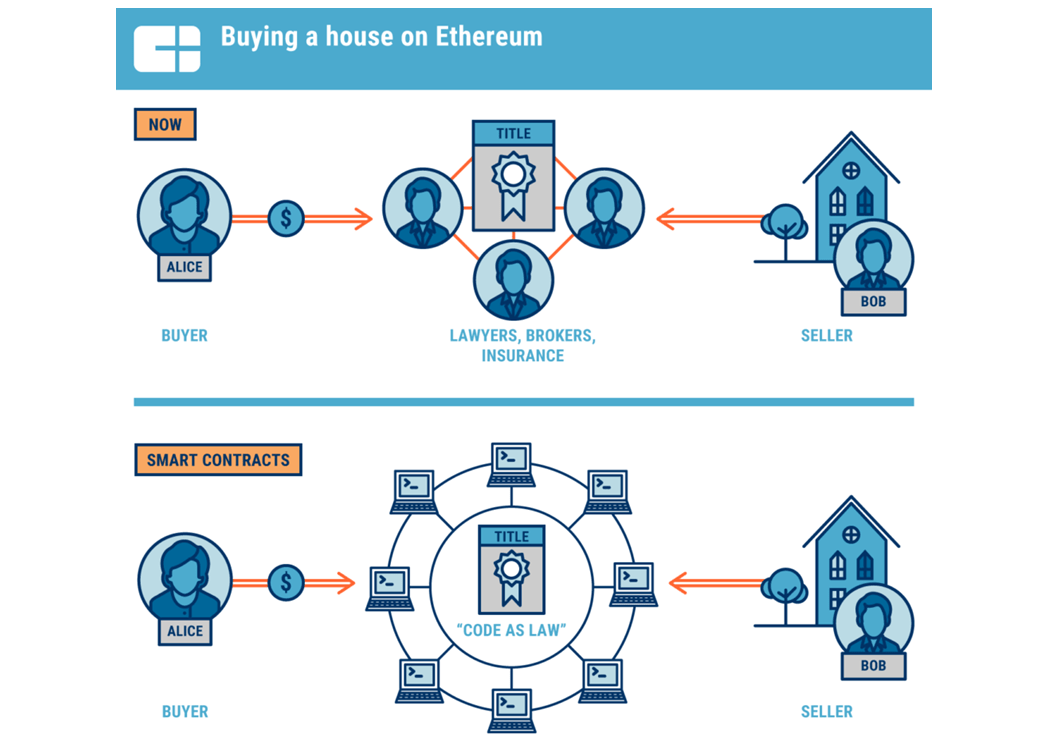The Impact of Technology on Commercial Real Estate
In recent years, technology has drastically transformed every aspect of our lives, and the commercial real estate industry is no exception. From virtual reality tours to data analytics, the advancements in technology have revolutionized how real estate professionals buy, sell, and manage commercial properties. In this article, we will explore the various ways in which technology has made an impact on the commercial real estate sector.
Virtual Reality and 3D Tours
One of the most significant advancements in technology for the commercial real estate industry is the use of virtual reality and 3D tours. These tools allow potential buyers and tenants to explore properties from the comfort of their own homes or offices. Instead of physically visiting multiple properties, interested parties can take a virtual tour and get a realistic sense of the space without ever leaving their computer screens. This not only saves time and money but also allows for a more streamlined and efficient decision-making process.
Data Analytics and Predictive Modeling
Data analytics and predictive modeling have also played a crucial role in commercial real estate. With the help of advanced software programs, real estate professionals can analyze market trends, demographics, and property performance to make more informed investment decisions. By leveraging big data, developers and investors can identify lucrative opportunities, forecast future demand, and optimize their portfolio for maximum returns.
Smart Building Technology
Another area where technology has made a significant impact on commercial real estate is through smart building technology. From energy-efficient systems to automated security features, smart buildings are equipped with state-of-the-art technologies that enhance the overall tenant experience and reduce operational costs. By implementing IoT devices and sensors, property managers can monitor and control building systems in real-time, leading to improved efficiency and sustainability.
Blockchain and Cryptocurrency
Blockchain technology and cryptocurrency have also started to gain traction in the commercial real estate industry. By utilizing blockchain, transactions can be securely recorded and verified, reducing the risk of fraud and streamlining the transfer process. Additionally, the use of cryptocurrency for real estate transactions provides a more convenient and efficient way to buy and sell properties, especially for international investors.
The Rise of Co-Working Spaces
The rise of co-working spaces is another trend that has been driven by technology in the commercial real estate sector. With the increasing demand for flexibility and collaboration, co-working spaces have become a popular option for startups, freelancers, and remote workers. These shared office spaces are equipped with the latest technology, such as high-speed internet and innovative workstations, creating a dynamic and productive work environment for tenants.
Conclusion
In conclusion, technology has had a profound impact on the commercial real estate industry, transforming the way properties are bought, sold, and managed. From virtual reality tours to data analytics, the advancements in technology have revolutionized the sector, making it more efficient, transparent, and accessible. As technology continues to evolve, commercial real estate professionals must embrace these digital tools to stay competitive in the fast-paced and ever-changing market.


